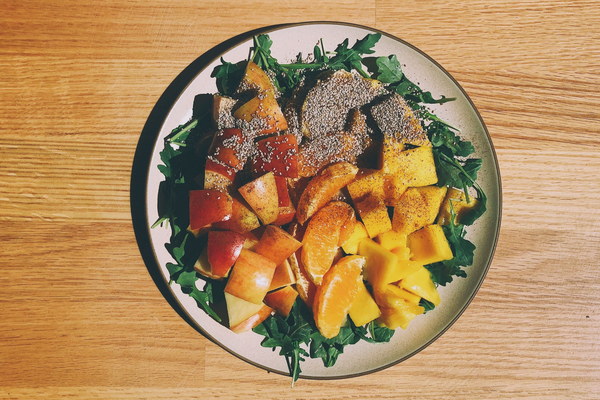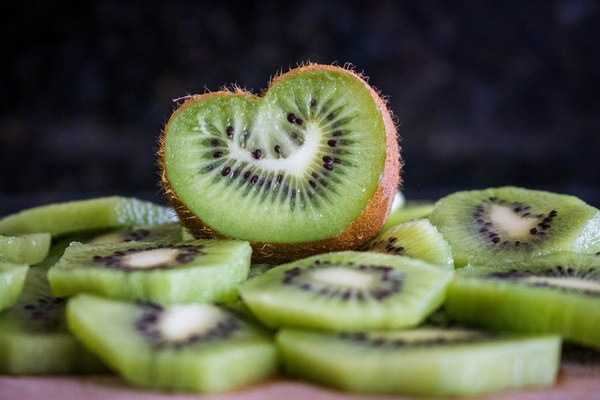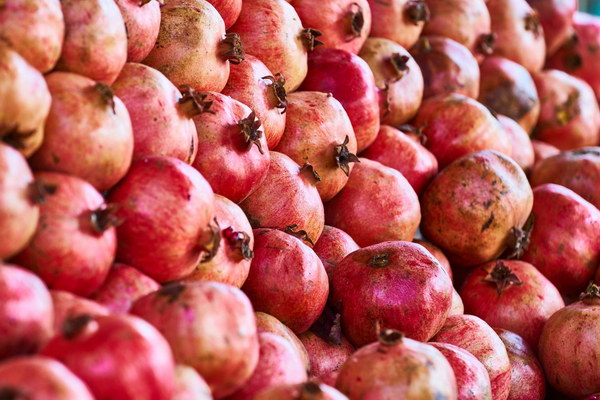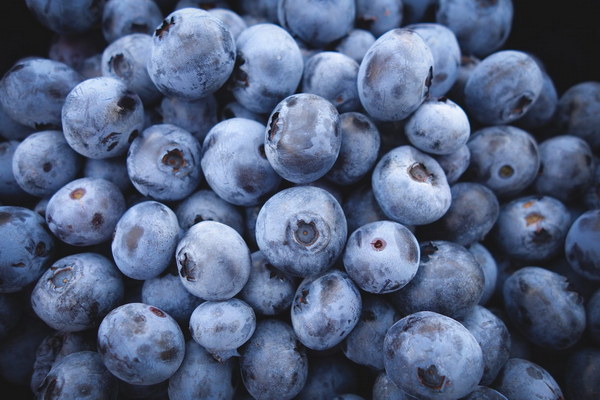Balancing Your Body's Alkalinity A Guide to Alkaline Diet for Women
Introduction:
In recent years, the concept of maintaining an alkaline body has gained popularity. The idea is that a balanced pH level can contribute to overall health and well-being. For women, achieving alkalinity is essential for hormonal balance, bone health, and a strong immune system. This article provides a comprehensive guide to balancing your body's alkalinity through diet and lifestyle changes.
1. Understanding Alkalinity:
The pH scale measures the acidity or alkalinity of a substance. A pH of 7 is considered neutral, while values below 7 are acidic, and those above 7 are alkaline. Our bodies need to maintain a slightly alkaline pH level for optimal functioning. The ideal pH for the human body is around 7.35-7.45.
2. Importance of Alkaline Diet for Women:
A balanced pH level is crucial for women, especially during various life stages like pregnancy, menopause, and menstruation. Here are some reasons why maintaining an alkaline diet is essential for women:
a. Hormonal Balance: An alkaline diet can help regulate hormones, reducing symptoms of premenstrual syndrome (PMS), menopausal symptoms, and thyroid disorders.
b. Bone Health: A higher intake of alkaline foods can prevent osteoporosis and support bone health by reducing calcium loss.
c. Immune System: A strong immune system is vital for women, especially during pregnancy and childbirth. Alkaline foods can boost the immune system and reduce the risk of infections.
d. Weight Management: An alkaline diet can aid in weight loss by reducing inflammation and promoting metabolic health.
3. Foods to Include in Your Alkaline Diet:
To achieve alkalinity, focus on incorporating the following foods into your diet:
a. Fruits: Berries, apples, melons, peaches, pears, and oranges are high in alkaline minerals like potassium, calcium, and magnesium.

b. Vegetables: Leafy greens (spinach, kale, Swiss chard), cruciferous vegetables (broccoli, cauliflower, cabbage), and root vegetables (carrots, beets, sweet potatoes) are excellent alkaline sources.
c. Legumes: Lentils, chickpeas, and beans contain high levels of alkaline minerals and fiber.
d. Nuts and Seeds: Almonds, walnuts, chia seeds, and flaxseeds are rich in alkaline minerals and healthy fats.
e. Whole Grains: Quinoa, oats, and brown rice are alkaline-forming grains that provide energy and nutrients.
f. Fermented Foods: Yogurt, kefir, sauerkraut, and kimchi are good sources of probiotics and alkaline minerals.
4. Foods to Avoid:
To maintain alkalinity, it's important to limit the intake of acidic foods:
a. Animal Proteins: Red meat, poultry, and dairy products are acidic and should be consumed in moderation.
b. Processed Foods: Refined sugars, artificial sweeteners, and processed foods are highly acidic and should be avoided as much as possible.
c. Caffeine and Alcohol: These substances are acidic and can disrupt the body's pH balance.
5. Lifestyle Changes:
In addition to dietary changes, adopting a healthy lifestyle can further support your alkaline body:
a. Regular Exercise: Physical activity helps maintain a healthy weight, reduces stress, and promotes overall well-being.
b. Adequate Hydration: Drink plenty of water throughout the day to support kidney function and help eliminate acidic waste products.
c. Stress Management: Chronic stress can lead to an acidic body. Practices like meditation, yoga, and deep breathing can help manage stress levels.
Conclusion:
Achieving an alkaline body is essential for women's health and well-being. By incorporating alkaline foods into your diet, avoiding acidic foods, and adopting a healthy lifestyle, you can maintain a balanced pH level and enjoy the numerous benefits of an alkaline body. Remember, it's a gradual process, and consistency is key to long-term success.









